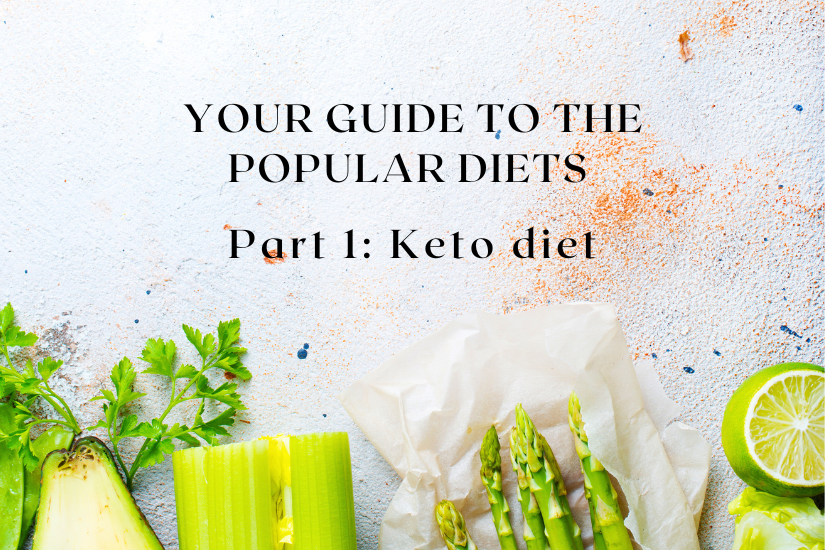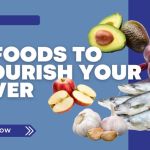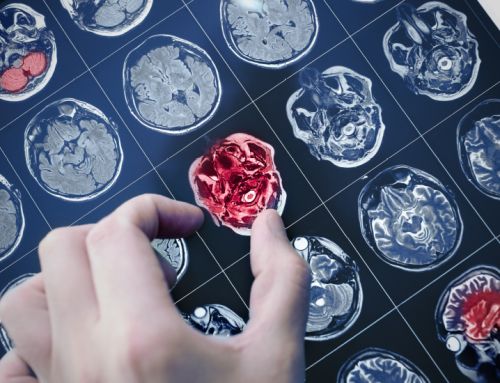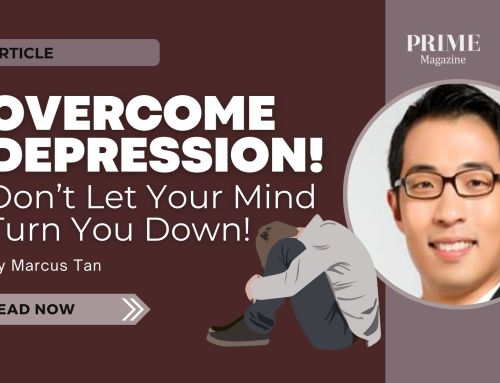Your Guide to the Popular Diets — Part 1: The Keto Diet

What Is Ketosis?
Your body usually runs on glucose, a type of sugar. When you cut carbs sharply or fast, your stored glucose runs out. Your body then burns fat for energy. This process makes compounds called ketones — and the state is called ketosis.
How the Keto Diet Works
The keto diet is a low-carb, high-fat eating plan designed to keep you in ketosis.
To reach this state, your macronutrients should look like this:
-
Carbohydrates: 20–30 g per day
-
Fat: 70–80% of total calories
-
Protein: 15–20% of total calories
Keeping these ratios right can be tricky without guidance.
Foods to Eat and Avoid
To stay in ketosis, avoid or limit:
-
Grains (rice, bread, pasta, oats)
-
Starchy vegetables (potatoes, corn, sweet potatoes)
-
Legumes (beans, lentils, chickpeas)
-
Fruits (most are high in sugar)
-
High-lactose dairy (milk, sweetened yogurt)
-
Sugar and sweet syrups
Stick to non-starchy vegetables such as spinach, lettuce, cucumber, broccoli, and bok choy.
Limit slightly higher-carb vegetables like bell peppers and green beans.
For healthier fat choices:
-
Eat avocados, nuts, seeds, olives, olive oil, and coconut oil.
-
Pick lean, unprocessed meats and fatty fish (like salmon and mackerel).
-
Avoid processed meats and trans fats.
Possible Benefits
-
Weight loss: Eating fewer carbs lowers calories. Ketones may also reduce hunger. Higher protein can help you feel full.
-
Better blood sugar control: Some studies show keto can improve insulin sensitivity and blood sugar in people with prediabetes or type 2 diabetes (only under medical supervision).
Possible Side Effects
-
Nutrient gaps: Cutting fruits, grains, and legumes may mean less fiber, vitamins, and minerals.
-
Keto flu: Losing stored carbs makes you lose water and sodium. This can cause fatigue, dizziness, and nausea. Adding about ¼ teaspoon of salt per day may help.
-
Kidney strain: Processing extra protein creates more waste for your kidneys.
-
Bone health risks: Long-term keto may reduce bone minerals and increase osteoporosis risk.
Stay Safe on Keto
Before starting, talk to a doctor or dietitian. They can check your health and recommend supplements such as:
-
Multivitamins
-
Calcium, vitamin D, vitamin K, magnesium
-
Fiber and probiotics
This helps lower the risk of long-term nutrient problems.












Leave A Comment